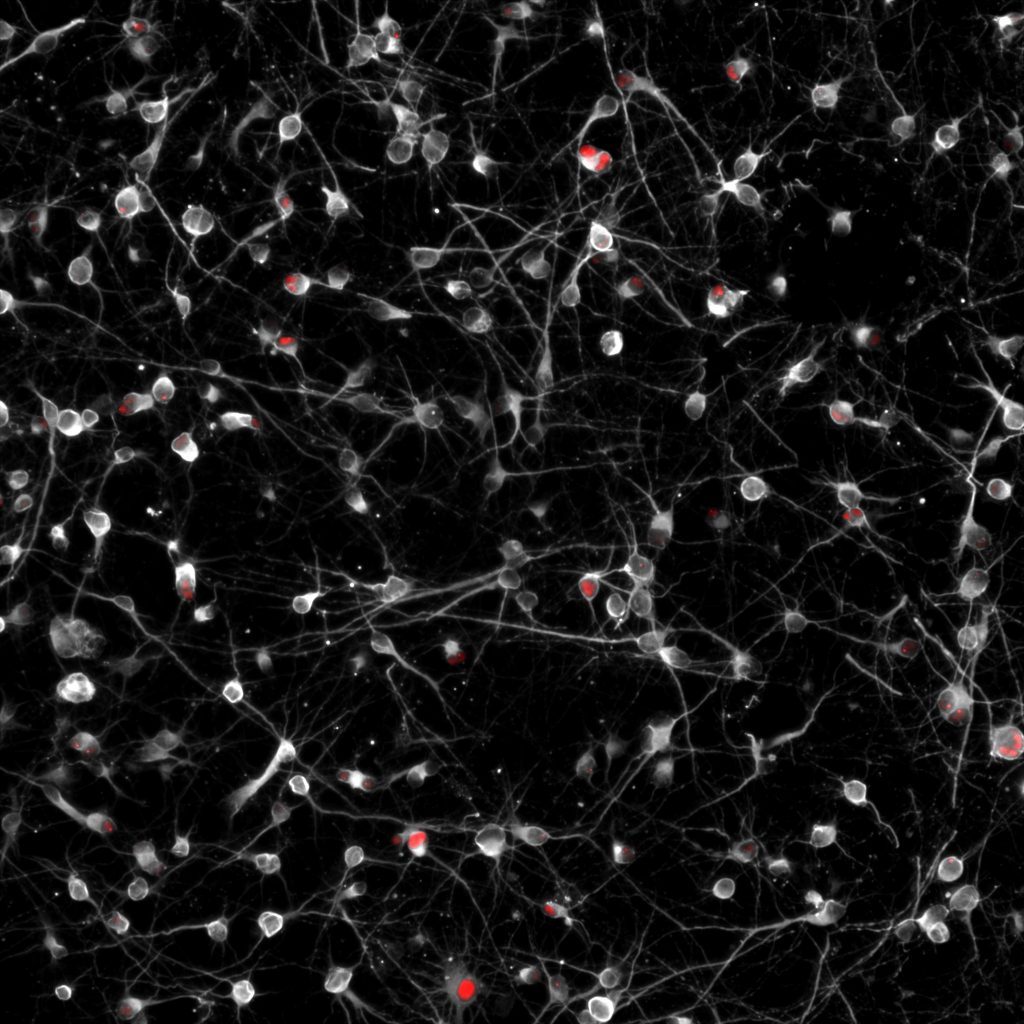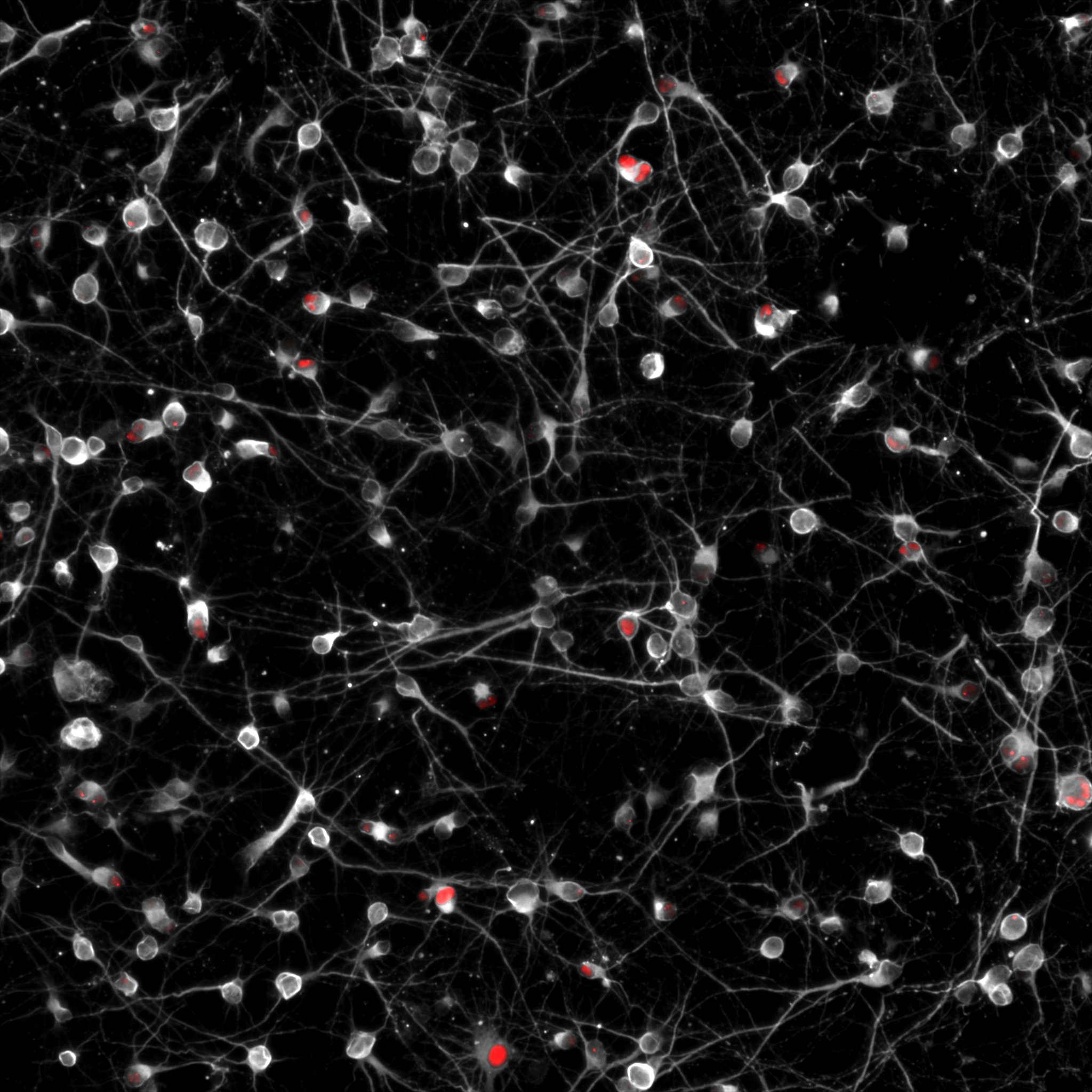
Harschnitz Group
Neuroimmunological disorders, such as viral and autoimmune encephalitis, are potentially fatal if untreated and can result in severe neurological deficits in patients who survive. Past human studies of neuroimmunological disease have relied heavily on autopsy or biopsy materials, and the lack of routine access to primary human central nervous system cell types has precluded most mechanistic studies. The directed differentiation of human pluripotent stem cells (hPSCs) along the three germ layers enables the derivation, study, and perturbation of potentially any human cell type in vitro. Therefore, hPSC technology offers an attractive approach for studying neurological and neuroimmunological disease.
The Harschnitz Group is particularly interested in the molecular and cellular mechanisms that underlie susceptibility to viral and autoimmune disease of the human nervous system and the molecular drivers of chronic neuroinflammation. We use hPSC technology to establish state-of-the-art human in vitro disease models to study neuroinflammation directly in human, disease relevant cells. Our group takes a multidisciplinary approach, combining our state-of-the-art human stem cell models with high-content chemical or genetic screens, single cell analyses, and advanced live-cell imaging technology.
By doing this, we aim to push the boundaries of human stem cell-based disease modelling and contribute to a more fundamental understanding of neuroimmunological disease. Our goal is to identify therapeutic targets with direct translational implications for patients that suffer from viral or autoimmune encephalitis.
We are a multidisciplinary team bound by a shared passion for science and an abundance of curiosity. Researchers from all backgrounds who share this common interest for neuroimmunology, stem cell biology, developmental biology, and science at large and would like to join the team are encouraged to send enquiries to oliver.harschnitz[at]fht.org
Group members
-
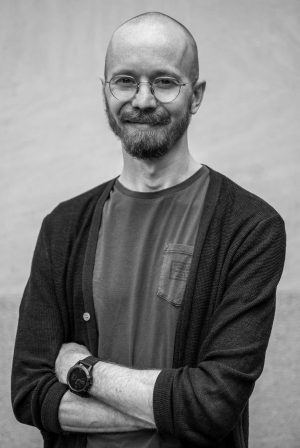 Oliver Harschnitz
Oliver Harschnitz
Research Group Leader -
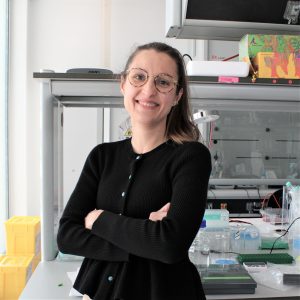 Elisa Colombo
Elisa Colombo
Postdoc -
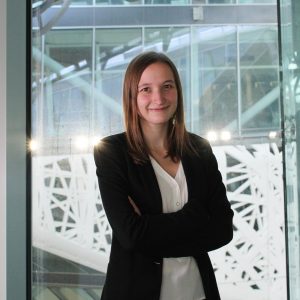 Eleonora Conti
Eleonora Conti
PhD Student -
 Greta Galeotti
Greta Galeotti
PhD Student -
 Stefania Giussani
Stefania Giussani
Postdoc -
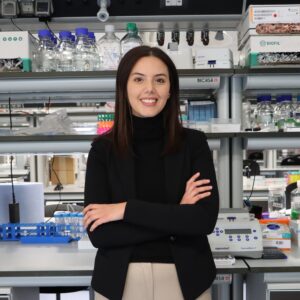 Veronica La Rocca
Veronica La Rocca
Postdoc -
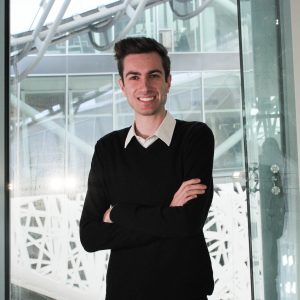 Nicola Palazzi
Nicola Palazzi
PhD Student -
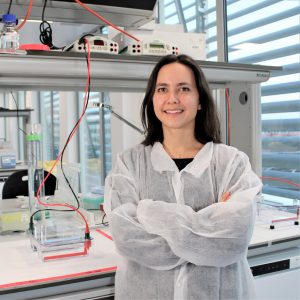 Francesca Pinci
Francesca Pinci
Senior Technician -
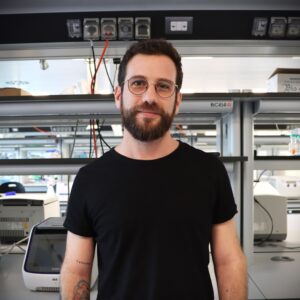 Roberto Sansevrino
Roberto Sansevrino
Senior Technician -
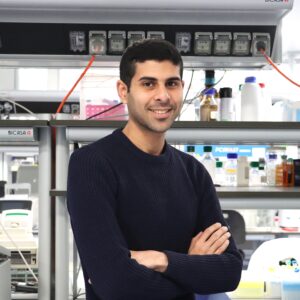 Ahmed Eid Ali Mohamed Shaarawy
Ahmed Eid Ali Mohamed Shaarawy
Undergraduate Intern -
 Ana Laura Silva Duarte
Ana Laura Silva Duarte
PhD Student -
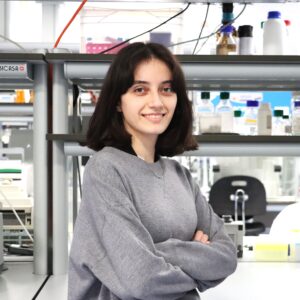 Pinar Urun
Pinar Urun
Undergraduate Intern
